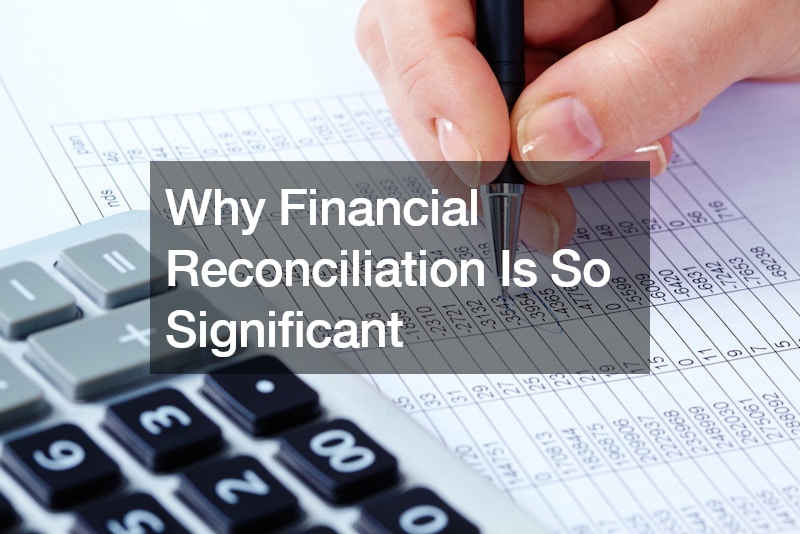

Being prepared for whatever life throws out should include professional assistance with estate planning and administration. Planning ahead to ensure your legacy lives on after you are gone will give you the peace of mind that you need to live in the moment right now.
With the proper estate planning and administration, your charitable contributions to the causes that are important to you will continue. An experienced estate law attorney can help you with all your estate planning and administration needs.
Estate Planning and Administration Strategies That Can Benefit You Now

As tax season quickly approaches, there is no better time than now to look at your tax planning, along with your estate planning and administration strategies. Many people take this time to reflect on setting up a charitable trust.
A charitable trust, say for your favorite heart disease charities, can come with some great tax benefits for the here and now and help you to continue your legacy of giving into the future when you are gone. If you have not considered the value of adding a charitable trust to your estate planning and administration, you may want to make an appointment with estate planning lawyers to go over the tax benefits of setting up a trust.
While most people are persuaded by the tax benefits that can result from including philanthropic giving in estate planning and administration, there are other reasons that you may want to consider making charitable giving in your planning:
- Creating a positive legacy for you and your family.
- Keeping the family connected after you are gone.
- Feelings of personal satisfaction. It feels good to know you are taking your money and applying it to a cause that you believe in.
There are many reasons that people choose to incorporate charitable giving in their estate planning and administration. It is very satisfying to know that after you are gone, you can still contribute to the causes that matter to you and make a difference.
Choosing the right way to incorporate philanthropic giving into your estate planning and administration is easier than you think. Wealth advisors, lawyers that specialize in estate planning, and a wills lawyer can all be great resources for helping you achieve your goals.
Choose Your Cause
Before you meet with the law firm that is helping you with your estate planning and administration, you should give some thought to what causes are near and dear to you. A good way to determine where you want to donate your money is to review the charities that you already have a relationship with.
There are so many causes that could use support it may feel a bit overwhelming. A good way to choose your charity or charities is to consider your passions. What is important to you and your family? Is it education? Are you animal lovers? Is it scientific research focused on curing a disease that has taken a loved one?
Deciding what your platform is, is an important part of the process. There are other things that you should also consider before you meet with the attorneys that are going to help you with your estate planning and administration:
- What assets can you give? You want to have at least a ballpark figure about how much money you want to dedicate to this cause.
- How long do you want to dedicate the assets to the charity? You can choose how long your legacy of giving with last.
- What type of vehicle you will use to make your charitable contributions after you are gone.
The lawyer will be able to answer all your questions, but it is good to have at least some idea of your basic goals. You may want to involve family members in your decision making. As a matter of fact, involving family members in discussions of your estate planning and administration can helo avoid your loved ones after you are gone.
A probate lawyer (an expert in probate laws) can tell you how important it is that you speak to your decedents about what your intentions are to avoid conflicts among family in the future. If everyone has a clear understanding of your wishes, then there is nothing to argue about.
Unfortunately, far too many people do not make their wishes known. Many people die without a will in place, and their estate sits in probate limbo for years. The best way to ensure that everything you have worked for does not wind up being litigated back and forth by an estate litigation attorney is to do all the necessary planning in advance.
Without a will and sans estate planning in place, family law rules will step in and distribute your wealth based on the rules in your state for distribution. This may not be how you want your estate distributed. For example, in most states, biological children take precedence over stepchildren. If you raised your stepchild and have a strong relationship with that child, the only way that relative will have access to your wealth or whatever you meant to leave them will be to fight in court.
A probate lawyer will have to fight for the rights of that stepchild and other family members or friends that you intended to leave something to. Of course, if you own a business and die without estate planning and administration in place, things only get messier. You must have all the planning out of the way, advise close family members, and your attorney of your intentions, and get it all down on paper.
Of course, involving family members can open up an entirely new set of problems when it comes to picking and choosing not only the charity that will be gifted through your estate planning and administration but how much you plan on setting aside for that charity. Ultimately, it is still best to consult with at least close relations like children and spouses during the estate planning and administration process to ensure that your wishes are known, and they will know what to expect.
The Assets

Cash is universally accepted by charities, however, there are other assets that can support your philanthropy that larger organizations will accept. For example, more established charities that have a larger network will accept:
- Real estate
- Art and other collections
- Securities, and more
As part of your charitable giving in your estate planning and administration, you will have to earmark which assets you want to use. It is important to have the right assistance in choosing the assets that you are going to use for your philanthropy.
Different assets will come with different tax benefits for the here and now. Planning to gain the most tax benefits while setting up your estate planning and administration is a win-win situation. The tax laws are constantly in flux, so it is important to strike while the laws are still very much in favor of charitable giving. With a new administration in the White House and new tax laws on their way, there is no telling what will change and how they can affect your giving.
The Vehicles For Giving

While creating a legacy gift in your estate planning and administration of a set amount of cash is fine, there may be other vehicles of giving that can provide much better tax benefits. The community-based organization giving is an easy way to contribute to great causes after you pass, but they do have some drawbacks, including:
- Not having any control over how the gifts are distributed and used.
- Not getting the best in tax benefits.
- Limiting the type of asset you can contribute.
Other vehicles may be the better option for your specific situation. For example, setting up a foundation, a remainder trust, and charitable lead trusts may deliver bigger benefits tax-wise and can help you to have more control over your giving.
Here are some basics about the two main trusts:
- Charitable lead trusts. Charitable lead trusts are trusts that are set up that specify a specific amount of value that will be donated to the charity each year. At some point, the annuity payments will revert to a person of your choosing or yourself if you are still alive.
- Charitable remainder trust. A charitable remainder trust works the same way as a charitable lead trust, but at the end of the specified period, the trust’s beneficiary keeps whatever money is left in the trust.
The above is merely a snapshot of these two main trusts. A probate lawyer who also specializes in estate planning and administration can give you the details to help you make an informed decision. The other option for ensuring that your legacy continues is setting up a foundation.
The Benefits of Setting Up Your Own Foundation

Trusts and legacy charitable giving is a great way to funnel your money to the causes that you care about while enjoying some tax benefits, but for many people, those options do not give them enough control over their assets and how they are spent.
Setting up your own non-profit foundation as part of your estate planning and administration puts the control right back in your hands. Setting up a private foundation can come with many benefits. For example, it can reduce your overall tax liability while you are alive and can continue to reduce your family’s tax liability on your estate when you pass away.
Private foundations can deliver exceptional control over your charitable interests. If you set up the foundation while you are alive and start contributing now, you control how your legacy will continue. You can manage the foundation and set the rules and bylaws in place while you are alive to ensure that your legacy not only carries on when you are gone but that your family has a framework for how you want your giving managed.
Private foundations can be compared to starting a family run business. Each family member plays a role in that “business” that they can continue after your passing. Setting up a private foundation allows you to not only control the assets that are used, enjoy the generous tax benefits, but it also allows you to appoint the family members to the board that you know will carry on your legacy after you are gone.
Of course, there is a process to set up a foundation, but an experienced estate planning and administration attorney can help you manage all the steps that are necessary to get your foundation off the ground.
There are other benefits besides the tangible financial ones that come with starting your own private foundation:
- You can get family and friends involved in your passions. A private foundation lends legitimacy to your personal cause passions. It also can offer friends and family members that contribute to it tax benefits as well.
- Your foundation can make a difference in other people’s lives. No matter what your cause is, it can make a difference.
- You can design your foundation as you see fit. If you find that some charities are just not directing funds the way you would, you can fill that gap and design your foundation any way you see fit.
Each vehicle comes with its own benefits. The best part of early estate planning and administration is that you get to choose the vehicle that works for you and your family. Learning more about how you can continue your legacy after you are gone is one of the best ways to ensure that your legacy does continue as you want it to.
There are many ways to ensure that your legacy continues and your money is spent the way you think it should be spent after you are gone through estate planning and administration. Taking charge of your financial future, getting the tax benefits you need, and making a difference all start with well thought out estate planning and administration.
You do not want to put off making sure your financial future is planned for. Make an appointment today to speak with an attorney about your estate planning options that will ensure you can meet your goals.




